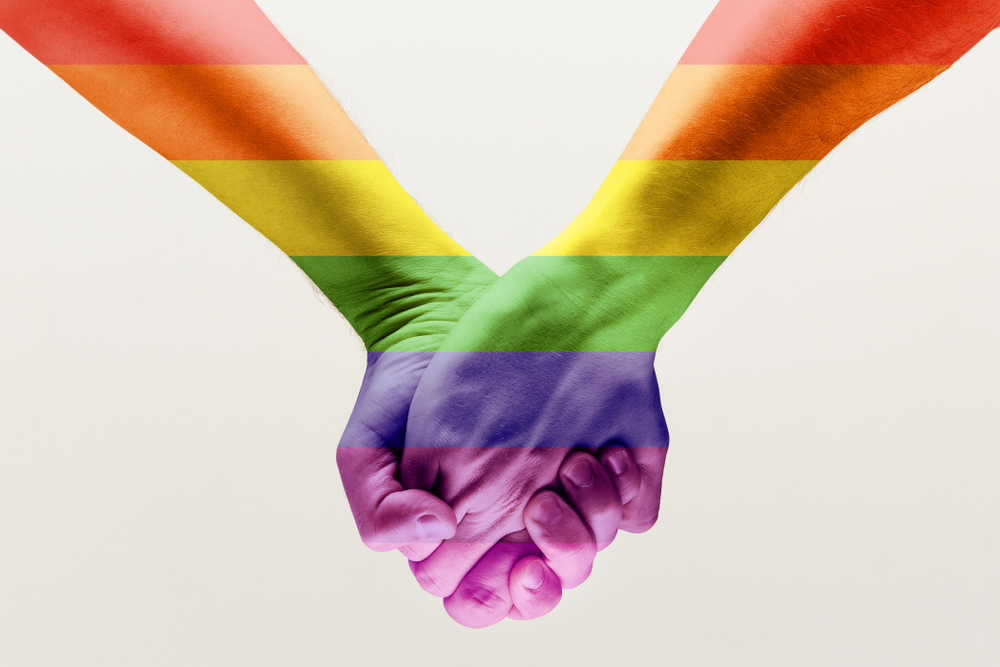
01 Jun LGBTQ Parenting: Showing Parental Pride
June is pride month! With parades and events being canceled/postponed due to the COVID crisis, we cannot forget to celebrate and acknowledge the amazing people that are part of this community. Here are some special considerations for LGBTQ parenting that I would like to share with you to spread more love and build stronger connections.
If you are a parent to a youth who identifies as LGBTQ, you have an amazing opportunity! You get to educate yourself, create new positive communication patterns with your child, and provide tons of love and support. Building family acceptance can go a long way and benefit LGBTQ youths throughout their lives. These tips focus on parents’ thoughts and actions to help their child and themselves towards a more understanding, honest, and open relationship.
LGBTQ Parenting Tips to Support Your Child:
1. It’s a journey for you both. When you first find out or suspect your child is a part of the LGBTQ community it can shift your relationship. Try to respond positively and give yourself time to process the information. Having space to think about your response is better than jumping to conclusions. Provide a hug and ask to continue the conversation later.
Ask open-ended questions and expand your understanding with curiosity, instead of rushing to assumptions or conclusions. Such as, “How comfortable are you with your LGBTQ identity?” and “What do you envision for your future?” Every LGBTQ person’s journey is different and there is no one path for everyone.
2. Address your own expectations and values. As a parent, you have many future outlooks for your children and when things happen to alter that it can be uncomfortable. Be flexible and let your expectations change and adjust. It’s okay to fear what might be in your child’s future, this is the same for any parent no matter their child’s sexual orientation, gender, or etc.
These younger generations are far more accepting and understanding the spectrum of sexuality and gender than ever before.
The generation does not focus on concrete labels and fitting the box. Communicate based on your values and not your fears.
3. LISTEN. Take the time to hear their story and understand them because this can be overwhelming for them as much as it is for you. Do not ignore, deny, or refer to their sexuality or gender identity/expression as a phase, this creates shame and rejection. Let your child address their needs and have control of the conversation.
4. The Coming Out Process. The movie Love Simon is an amazing look at the coming out experience and all the complexity. It might take multiple conversations and should be an ongoing process. Let your LGBTQ child tell people in their own way and times. Support them in telling others and do not take that ability and power away from them.
5. Support, Advocate, and Outreach. Celebrate the vibrancy of the LGBTQ community! Learn the terms and educate yourself to show support; Defining LGBTQ Video. There are support groups for family members where you can process, gather support, and build acceptance. Advocate for your child when they are being mistreated and know you have a community to rely on. Pflag.org, familyequality.org, and the Trevor Project are great resources and have links to local and community supports.
If your child or you are having difficulty communicating and need support, the therapists at North Shore Family Services are skilled allies and here to help.

North Shore Family Services is a team of skilled and approachable therapists that help parents, children, teens, adults, and couples reduce anxiety and stress, learn effective problem-solving techniques, and manage emotions and behaviors that inhibit personal, school, family, and relationship success. We make therapy a productive, engaging and relaxing place for everyone to work hard and make the improvements they desire. To find the right-fit therapist for you and your family, visit our clinician’s page.



Sorry, the comment form is closed at this time.